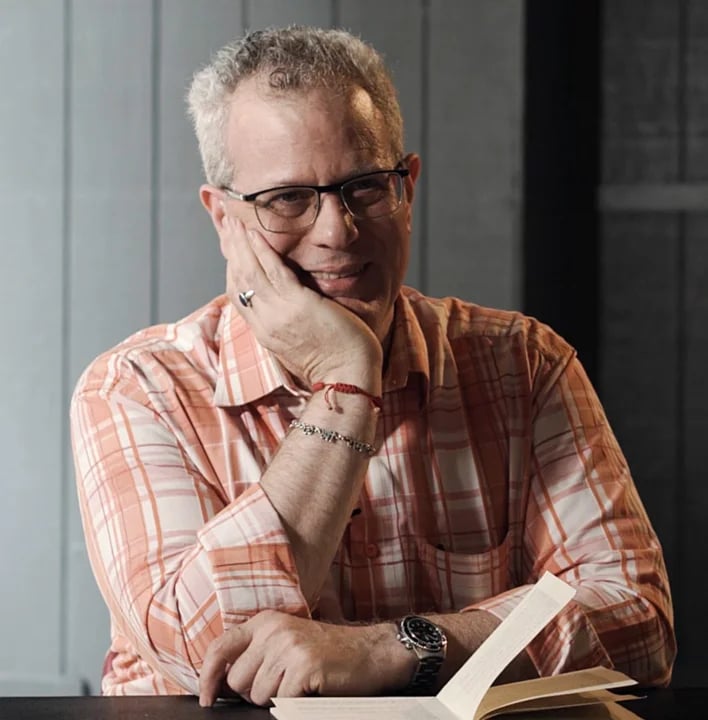
How Summer Training Can Heat Up Your Career
Knickerbocker is an acting coach and the founder of the Terry Knickerbocker Studio in New York City. This essay has been edited and condensed for clarity and brevity.
Article originally published on Backstage.com.
I met Sam Rockwell early in his career. He had already been cast on TV shows and in films—including as the Head Thug in the 1990 action-comedy “Teenage Mutant Ninja Turtles”—but he knew he was winging it and needed more training. So he spent a summer studying with my mentor, William Esper, and was bowled over by the skills he learned. I have worked with Sam on dozens of projects since, and he’s gone on to win accolades—including an Academy Award—for being an extraordinarily versatile and compelling actor.
Summer training paid off for him, and it can for you, too, no matter where you are in your career. For young performers who are curious about acting, a summer program offers the opportunity try out the craft without a major commitment. Even professional actors can use this time to enhance their skills and bolster their potential. Plus, you’ll be surrounded by like-minded teachers and students with a shared passion for rich artistic exploration.
Summer programs aren’t a substitute for, but rather a complement to, extensive formal training. These intensives are a chance to immerse yourself in study over a short period of time—and they can be a lot of fun. Here are some factors to consider.
Be clear about your goals.
Pick a program that focuses on what you want to improve upon, whether it’s singing or the business side of the industry. A comprehensive acting program will teach you not only core skills, but also complementary ones like voice, movement, clowning, and neutral mask—all of which can help you become a more well-rounded performer.
Want to hone your improv skills? Get in touch with your impulses? Express emotions more authentically? After identifying the areas that need improvement, look into how specific studios address them.
Do your research.
Pick a program that focuses on what you want to improve upon, whether it’s singing or the business side of the industry. A comprehensive acting program will teach you not only core skills, but also complementary ones like voice, movement, clowning, and neutral mask—all of which can help you become a more well-rounded performer.
Want to hone your improv skills? Get in touch with your impulses? Express emotions more authentically? After identifying the areas that need improvement, look into how specific studios address them.
Location matters.
Pick a program that focuses on what you want to improve upon, whether it’s singing or the business side of the industry. A comprehensive acting program will teach you not only core skills, but also complementary ones like voice, movement, clowning, and neutral mask—all of which can help you become a more well-rounded performer.
Want to hone your improv skills? Get in touch with your impulses? Express emotions more authentically? After identifying the areas that need improvement, look into how specific studios address them.
Don’t decide based on price alone.
Pick a program that focuses on what you want to improve upon, whether it’s singing or the business side of the industry. A comprehensive acting program will teach you not only core skills, but also complementary ones like voice, movement, clowning, and neutral mask—all of which can help you become a more well-rounded performer.
Want to hone your improv skills? Get in touch with your impulses? Express emotions more authentically? After identifying the areas that need improvement, look into how specific studios address them.
A great summer program can be a transformative experience; so if time and money allow, don’t miss out on the opportunity. Without training, you’ll never know who you could become as an actor.